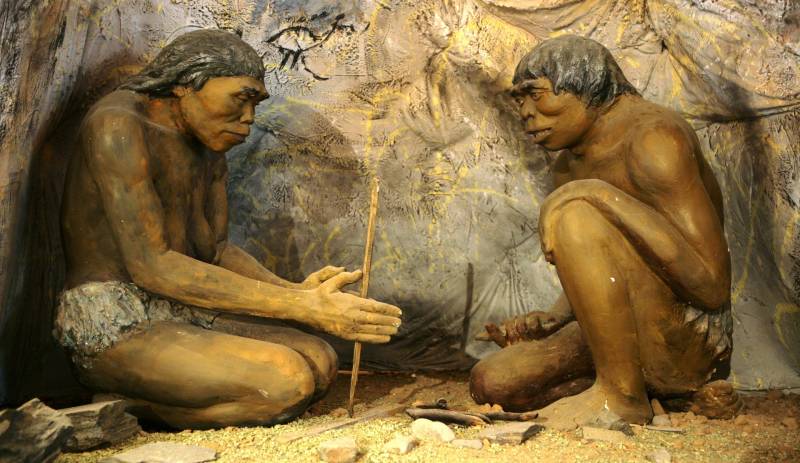Some people can get away with eating red meat their whole lives and stay fit as a fiddle. For others, their carnivorous ways may end up contributing to heart disease, cancer or even Alzheimer's.
A new study in the journal Molecular Biology and Evolution suggests our different responses to diet may stem from where our ancestors lived. That's because the food available to our forebears resulted in differences in DNA that still linger today.
In some ways, this isn’t surprising. In the past, if there were mostly vegetables available in a certain geographical area, the people who do best eating vegetables would have thrived. Over the generations, those people would be healthier, have more kids and more frequently pass their genes on. Sooner than you may think, most people in the group would have a set of genes more conducive to eating vegetables and less tolerant of red meat.
You Are What Your Ancestors Ate
This is exactly what these researchers found when they looked at the DNA of over 1,000 people. Those whose ancestors ate very little red meat have a key variation in the FADS2 gene that allows them to flourish on a mostly plant-based diet. The variation boosts their ability to make long-chain polyunsaturated fatty acids (LCPUFA), critical for brain development and the control of inflammation. Thus, when these vegetarian-inclined people eat red meat, they may become more susceptible to inflammation, leading to disease.


